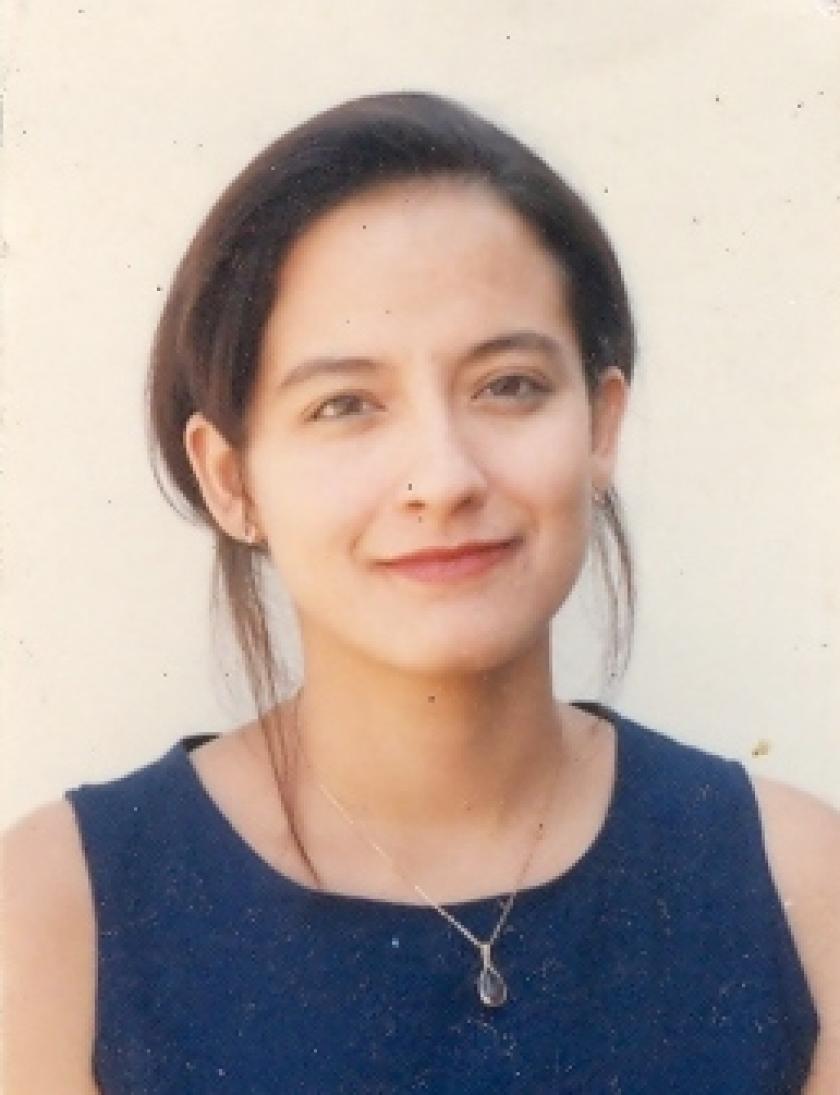History Salon: Vanessa Rouillon

 "Racialized Archives, Local Histories, and Black Women's Genealogies in Champaign-Urbana"
"Racialized Archives, Local Histories, and Black Women's Genealogies in Champaign-Urbana"
This talk is co-sponsored by the University of Illinois Archives as part of the Sesquicentennial celebrations.
Abstract:
"To enter black homes in my childhood," bell hooks has observed, "was to enter a world that valued the visual, that asserted our collective will to participate in a noninstitutionalized curatorial process" (61). bell hooks' image of the black home as a non-institutionalized curatorial space advances a concept of archives beyond institutional collections or public records, beyond sanctioned venues where official documents are expected to be stored. She further encourages attention to the rich historical traces produced and guarded in black communities that haven’t made it to the official record yet.
Dr. Vanessa Rouillon, a graduate of the University of Illinois at Urbana-Champaign (2013), and Assistant Professor at James Madison University (in Harrisonburg, Virginia), introduces her research on the early twentieth-century rhetorical and racial uplift work conducted in Bethel AME Church, an African American congregation in Champaign, IL. In particular, she examines the domestic archives that are kept under the control of local black families and that document a history of religious, civic, and educational engagements, amid overwhelmingly white locations.
Because archives are culturally situated and function rhetorically, she argues that local archival practices and historical memories produced in “alternative” and segregated locations have specific rhetorical (and survival) functions, which affirm citizenship, demonstrate literacy character, and establish racial agency. Dr. Rouillon examines how Bethel congregants studied, maintained, and circulated their own texts to articulate early twentieth century black rhetorics. She focuses on Bethel senior women, some who passed away not long ago. These women engaged in racial uplift via the rhetorical functions of historical documentation and archival habits, practiced locally and privately in their homes. From seemingly feminized professions—nurses, teachers, high school principals, and community center directors—these women managed to subvert official meanings and create new, local ones. Furthermore, these women, historians sans credentials, actively participated in memory projects, and willingly offered their recollections to researchers interested in understanding what it meant to be a black citizen then.
Bio:
Vanessa Rouillon is an assistant professor at the School of Writing, Rhetoric and Technical Communication (WRTC) in James Madison University (Harrisonburg, VA) and Faculty Associate at the University Writing Center at JMU. She graduated from the University of Illinois at Urbana-Champaign with a doctoral degree in English and a Specialization in Writing Studies in 2013. She specializes in teaching freshman composition, where her students have consistently used archival holdings to engage in citizenship and historical projects. She also teaches rhetorical theory and methods and visual rhetoric. Her research centers around community writing—prison literacies and African American rhetorics. She is currently working on a book project informed by her dissertation and by the archives of a local African American man, in Champaign, I, Albert R. Lee.
The History Salon is a forum for the exchange of ideas about the history of books, libraries, and information. Activities are free and open to the public. For more information and abstracts of past events, visit the History Salon website.
This event is sponsored by iSchool & University of Illinois Archives